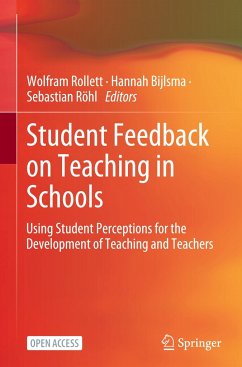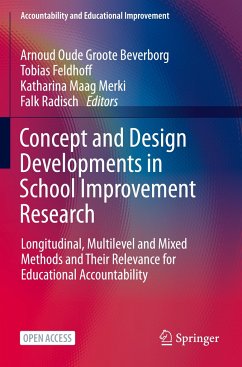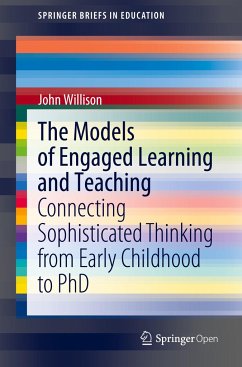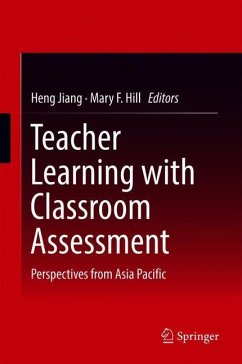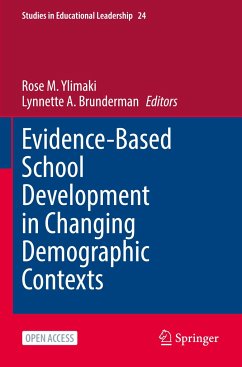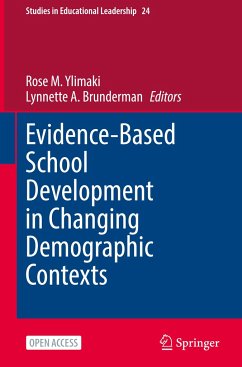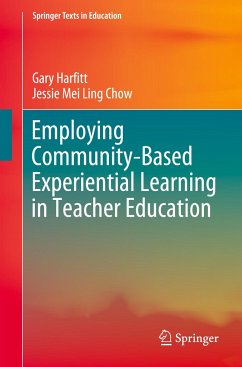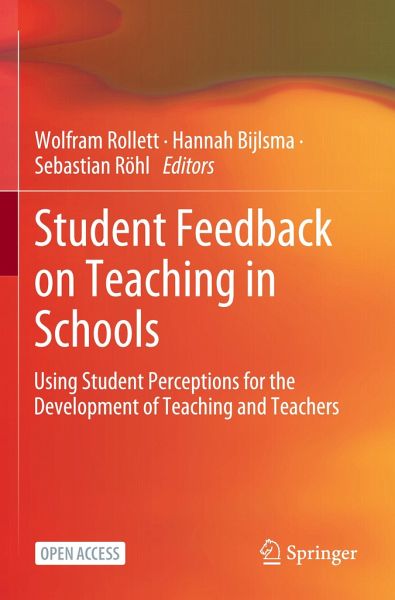
Student Feedback on Teaching in Schools
Using Student Perceptions for the Development of Teaching and Teachers
Herausgegeben: Rollett, Wolfram; Bijlsma, Hannah; Röhl, Sebastian
Versandkostenfrei!
Versandfertig in 6-10 Tagen
31,99 €
inkl. MwSt.

PAYBACK Punkte
16 °P sammeln!
This open access book provides a comprehensive and informative overview of the current state of research about student perceptions of and student feedback on teaching. After presentation of a new student feedback process model, evidence concerning the validity and reliability of student perceptions of teaching quality is discussed. This is followed by an overview of empirical research on the effects of student feedback on teachers and instruction in different contexts, as well as on factors promoting the successful implementation of feedback in schools. In summary, the findings emphasize that ...
This open access book provides a comprehensive and informative overview of the current state of research about student perceptions of and student feedback on teaching. After presentation of a new student feedback process model, evidence concerning the validity and reliability of student perceptions of teaching quality is discussed. This is followed by an overview of empirical research on the effects of student feedback on teachers and instruction in different contexts, as well as on factors promoting the successful implementation of feedback in schools. In summary, the findings emphasize that student perceptions of teaching quality can be a valid and reliable source of feedback for teachers. The effectiveness of student feedback on teaching is significantly related to its use in formative settings and to a positive feedback culture within schools. In addition, it is argued that the effectiveness of student feedback depends very much on the support for teachers when making useof thefeedback. As this literature review impressively documents, teachers in their work - and ultimately students in their learning - can benefit substantially from student feedback on teaching in schools.
"This book reviews what we know about student feedback to teachers. It is detailed and it is a pleasure to read. To have these chapters in one place - and from those most up to date with the research literature and doing the research - is a gift."
John Hattie
"This book reviews what we know about student feedback to teachers. It is detailed and it is a pleasure to read. To have these chapters in one place - and from those most up to date with the research literature and doing the research - is a gift."
John Hattie





